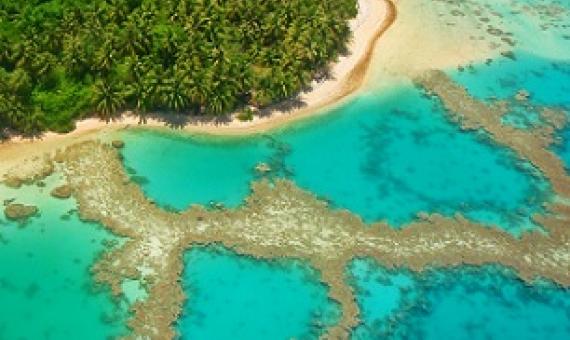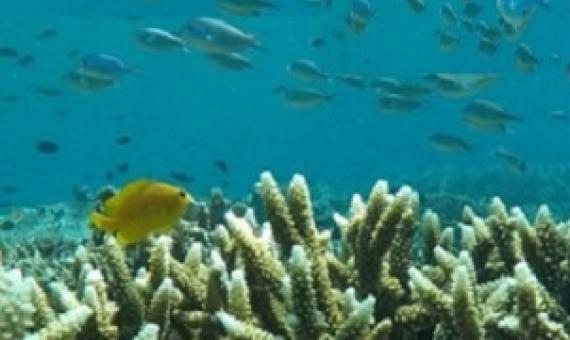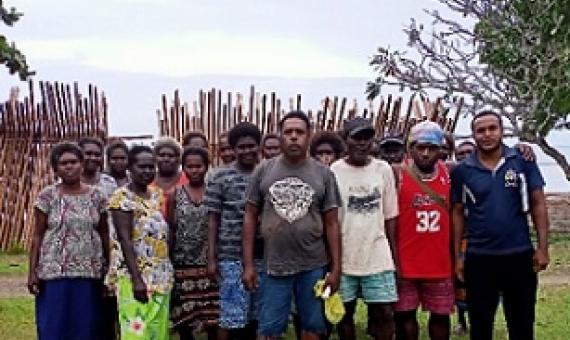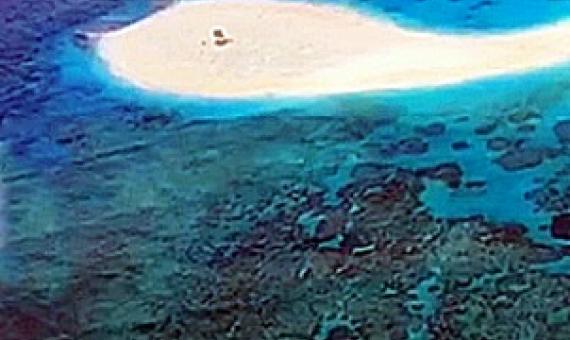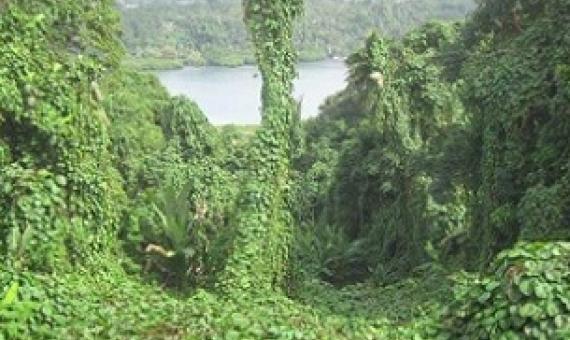National-level evaluation of a community-based marine management initiative
Community-based approaches to conservation and natural resource management are considered essential to meeting global conservation targets. Despite widespread adoption, there is little understanding about successful and unsuccessful community-based practices because of the challenges of designing robust evaluations to estimate impacts and analyse the underlying mechanisms to impact. Here we present findings from a national scale evaluation of the ‘locally managed marine areas’ network in Fiji, a marine community-based management initiative.

